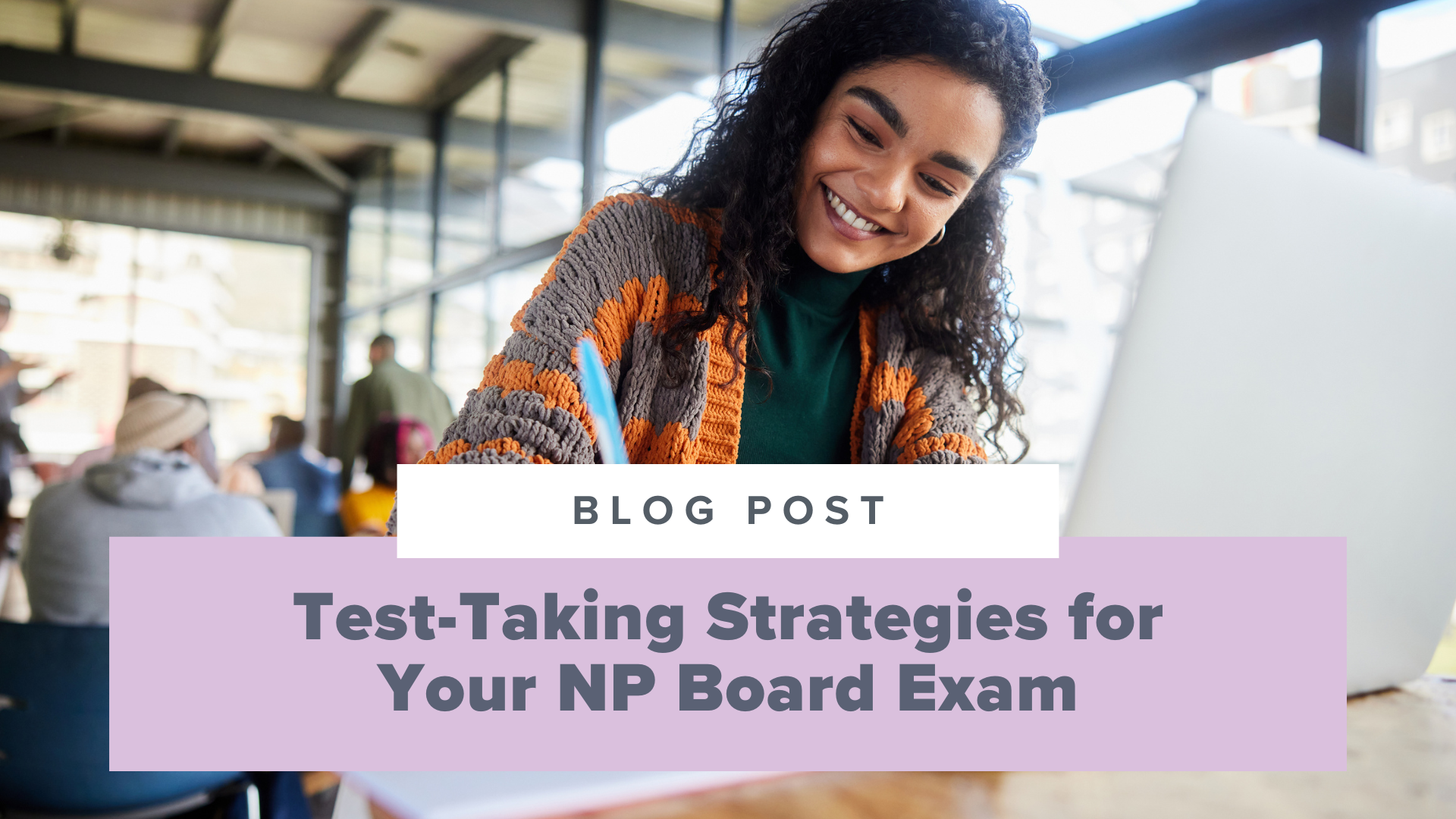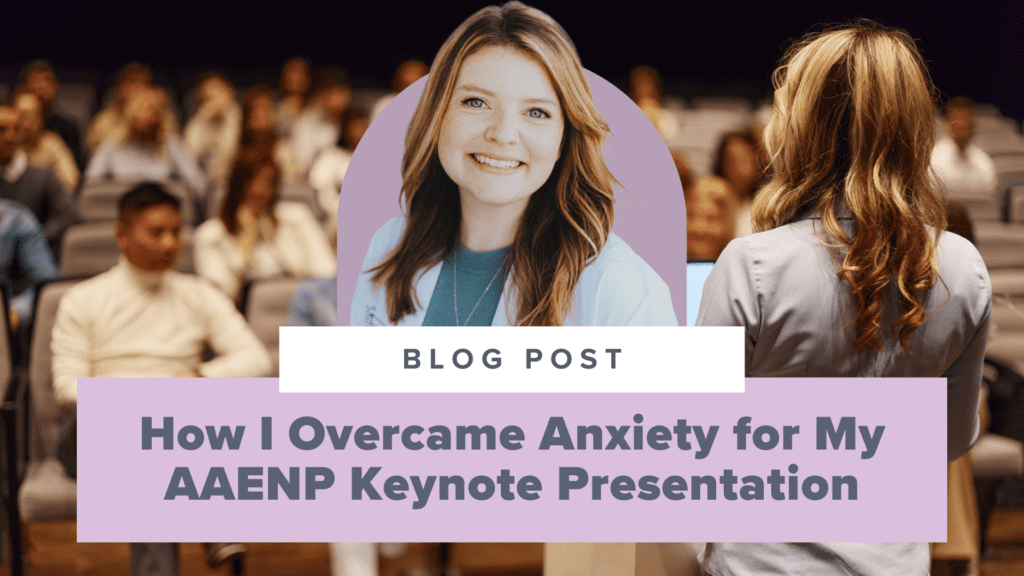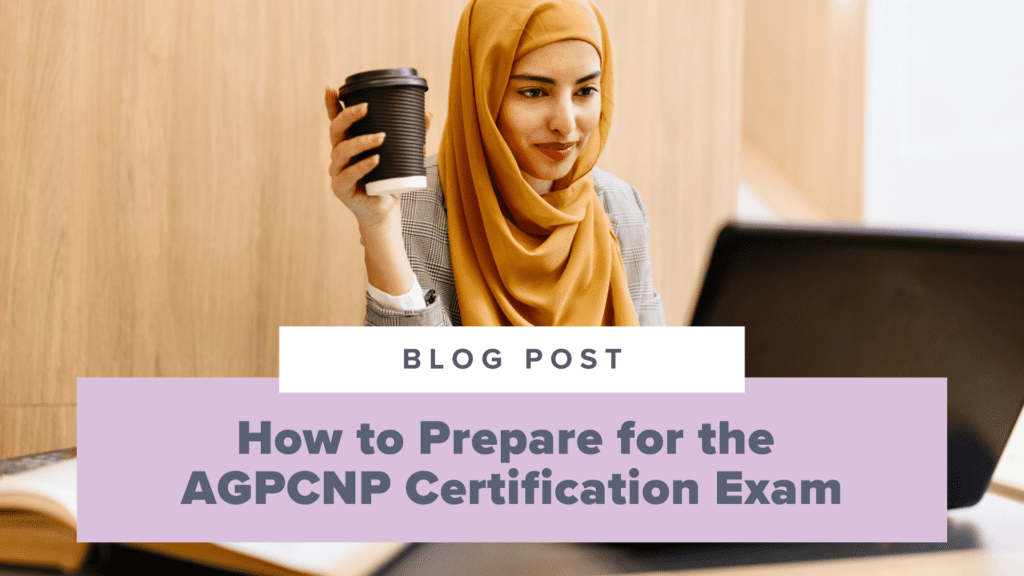Top Test-Taking Secrets for Your NP Board Exam
- by
- May 20, 2024
- Articles

We know how stressful preparing for your NP board exam is. It is kind of our thing, right? Thankfully, we also have lots of helpful tips to share that’ll ensure your big test day is successful. And guess what? We’re pretty good at that, too!
But enough tooting our own horn. Let’s get into some specific strategies you can use to pass that NP board exam!
8 Test-Taking Strategies for Your NP Board Exam
1. You don’t know what you don’t know.
As you begin to study for your exam, you’ll find there are areas you know well and are comfortable with. And it’s human nature, especially when we’re stressed, to spend time on things that are easy. It makes us feel comfortable.
For example, let’s say you’re really good with cardiac conditions, but endocrine always makes you nervous. You might find yourself spending more time on cardiac questions for that confidence boost, but not really concentrating on doing better with neuro. That’s not going to be very helpful in the long run, is it?
A strategy to help you focus where you need to looks like this:
Step 1:
Answer a question from a question bank. If you get the answer wrong, read the explanation. Then, write down the part of the explanation that describes why the correct answer is correct. Subsequently, if there is any other information that you didn’t know or somewhat knew, record that information, too.
You should do this for every question you get incorrect. I’d also encourage it for questions you may have answered correctly, but there were things in the explanation that you didn’t know.
Step 2:
Start each study session by reviewing these notes. If you do this on a consistent basis and get through hundreds of test bank questions, you’ll identify most of your blind spots. Doing this will help you turn your weaknesses into strengths!
2. Learn the anatomy of a question.
Test questions aren’t written to be tricky or intentionally trip you up (I promise). But there are a few strategies that can help you better understand what the question is truly asking. For example, it’s important to understand a question consists of a stem and a lead-in. The stem contains the details of the question, such as the clinical presentation, past medical history, and laboratory results. The critical part of the question is the lead-in. The aim of the lead-in is to determine what you know (or don’t know) about the topic in the stem.
Let’s take a look at an example. Can you identify the stem and lead-in in the following question?
Example:
A 67-year-old woman who was recently diagnosed with breast cancer presents with increasing confusion over the past three days. Over the past week, she has also been complaining of fatigue, diffuse body aches, poorly localized abdominal pain, and constipation. Which of the following electrolyte abnormalities is the most likely explanation for her symptoms?
In this example, the stem consists of the background information, including the patient’s diagnosis and symptoms. The lead-in is the question “Which of the following electrolyte abnormalities is the most likely explanation for her symptoms?”
As we’ll see, it’s important to identify the stem and lead-in, so you can take the next step: search for key information!
3. Focus on contradictions.
Focus on logical cues: one or more answer choices don’t logically fit in with the other choices.
Example:
A 22-year-old patient is concerned they have appendicitis. Which of the following signs is most sensitive for the diagnosis of appendicitis?A. Nausea
B. Pain with extension of the hip joint
C. Rebound tenderness
D. Right lower quadrant tenderness
The lead-in asked about signs of appendicitis. Symptoms are the concerns or complaints of the patient, and signs are the objective findings on examination. Nausea is not a “sign” and can be eliminated based on that alone!
4. Look for answer choices containing absolute terms, such as “always” or “never.”
When used in answer options, these terms usually indicate an incorrect answer because they cannot hold up to scrutiny in all situations.
Example:
In patients with Alzheimer’s disease, which of the following best characterizes the cognitive changes?A. Caused by dopamine excess
B. Characterized by agnosia, apraxia, and aphasia
C. Is always severe
D. Is never seen in patients with neurofibrillary tangles at autopsy
C and D contain absolute terms “always” and “never.” These should be avoided in answer choices because they’re less likely to be true statements.
Notice when a word repeats, or when a word or phrase is included in the stem and in the correct answer.
Example:
A 58-year-old patient with a history of heavy alcohol consumption and previous psychiatric hospitalization is confused and agitated. They speak of experiencing the world as unreal. What is the term for this symptom?A. Depersonalization
B. Derailment
C. Derealization
D. Focal memory deficit
This question uses the term “unreal” in the question stem, and “derealization” is the correct answer!
6. Make sure your study schedule is realistic.
Your NP board exam is not a test you can cram for (or at least shouldn’t try to cram for). You’ve just spent the last few years in graduate school preparing for this moment, learning lots of information, and completing hundreds of clinical hours. That is a lot of information to be tested on. Give yourself enough time to get ready!
We recommend you start studying about one to three months before your test date. That will give you the time you need to review material and work through a test question bank. At SMNP Reviews, we even offer an adjustable study plan for your NP board exam, which lets you adjust your study schedule to fit your needs!
7. Mimic the testing environment when doing practice questions.
I love this tip! This is something I wish I’d done when preparing to take my board exam. The testing environment is very quiet with absolutely no resources available to you and no distractions. If you’re like me, who studies with the TV on and my phone next to me, it can be intimidating once you get to the testing center and the environment is very different.
As much as you can, do your practice questions in a quiet space without any distractions. Definitely plan to do at least one full-length practice test in a similar type of space. It will prepare your brain for test day and make it easier to recall information!
8. Self-care is not selfish.
And lastly, you need to remember that self-care is not selfish. And self-care can take so many forms! This time in your life is about preparing to take one of the most important tests you’ll ever take. This means you need to prioritize yourself. You need regular breaks, fresh air, good food, plenty of rest, and all of the other things that make you feel good and ready to take on the world. Your brain needs this as much as your mind, body, and soul!
Final Thoughts
No matter which specialty NP board exam you’re taking, there is so much at stake. We hope that you can use these test-taking strategies to help with your NP board exam success! And of course, explore your options for live study groups, Qbanks, courses, and more at SMNP Reviews!
Looking for more (free!) resources to help you prepare for your NP board exam? Check out these other posts on the SMNP blog!
Search the Blog
Join our Facebook Group!
Get FREE support and encouragement from thousands of FNP/AGPCNP students and our NP Support team.
Learn More3 Study Hacks to Conquer Your NP Exam!
Download these tips that have helped thousands of students pass their NP board exams.
Download NowInstitutional Partnerships
Are you a faculty member and would like to bring Sarah Michelle’s resources to your school? Email us at nursinggroups@blueprintprep.com for special institutional pricing or click on the link below to learn more.
Learn MoreGroup Discounts
Are you a student and have 10 or more classmates interested in purchasing Sarah Michelle’s courses? Email us at nursinggroups@blueprintprep.com for special pricing.



